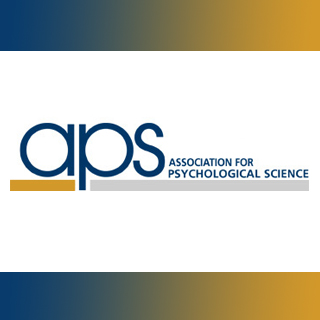
In the first experiment, volunteers had to approximate how distant a water bottle was from the position of the participant. Half of the subjects could drink water prior to the experiment, while the others had to satisfy themselves with salty pretzels, consequently becoming very thirsty. The outcomes supposedly displayed that the thirsty participants gauged the water to be nearer to them as compared to those who drank water before.
The need for particular items could also lead to behavioral alterations. In a different experiment, subjects had to throw a beanbag towards a gift card worth either $25 or $0 on the floor. If the beanbag landed on the card, they will win the game. Fascinatingly, the volunteers hurled the beanbag much further if the gift card was $0 as opposed to the one priced at $25. It was noted that they supposedly underthrew the beanbag when trying to win a $25 gift card, as they perceived the gift card to be closer to them.
These results seem to signify that when we desire something, we may in fact see it as being actually near to us. The authors propose that these biases arise in order to encourage perceivers to engage in behaviors leading to the acquisition of the object. In simple words, when we view an aim as being near to us, it could encourage us to carry on attempting to achieve it.
The study was published in Psychological Science, a journal of the Association for Psychological Science.
